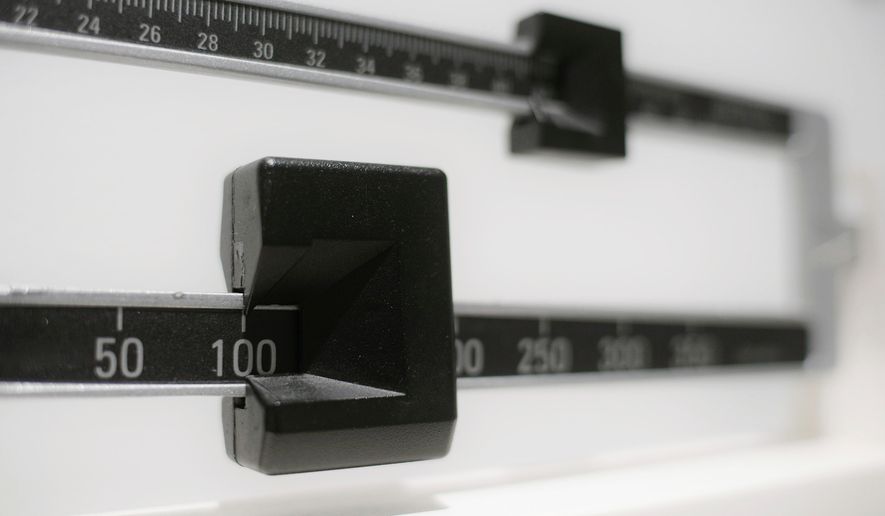The Eli Lilly weight loss injection Zepbound reduced the intensity of obstructive sleep apnea in patients by nearly two-thirds, the pharmaceutical giant announced Wednesday.
The active ingredient in Zepbound is tirzepatide, and the drug is also marketed as Mounjaro in some markets outside the U.S.
Obstructive sleep apnea involves the restriction of airflow, and obese people are more likely to suffer from it, according to the Centers for Disease Control and Prevention. It impacts 80 million U.S. adults, with more than 20 million suffering from moderate to severe obstructive sleep apnea, the company said.
In clinical trials, patients treated for 52 weeks with tirzepatide who were not using a positive airway pressure (PAP) therapy had an average of 27.4 less airway blockage events per hour and 18.1% loss of weight against the baseline, on average, compared to 4.8 events per hour and 1.3% weight loss for the placebo group, Eli Lilly said.
PAP therapies can include continuous use of the therapy, also known as CPAP. Around 33 million Americans use CPAP machines according to the National Council on Aging.
In the trial for patients also using PAP masks, tirzepatide-using patients had an average of 30.4 fewer airway blockage events per hour and 20.1% weight loss against the baseline on average, compared to six fewer events per hour and 2.3% weight loss against the baseline for the placebo group.
While millions suffer from obstructive sleep apnea, around 85% of cases go undiagnosed and untreated, Eli Lilly said. Zepbound “has the potential to be the first pharmaceutical treatment for the underlying disease,” Eli Lilly Senior Vice President of Product Development Dr. Jeff Emmick said in a statement.
• Brad Matthews can be reached at bmatthews@washingtontimes.com.




Please read our comment policy before commenting.